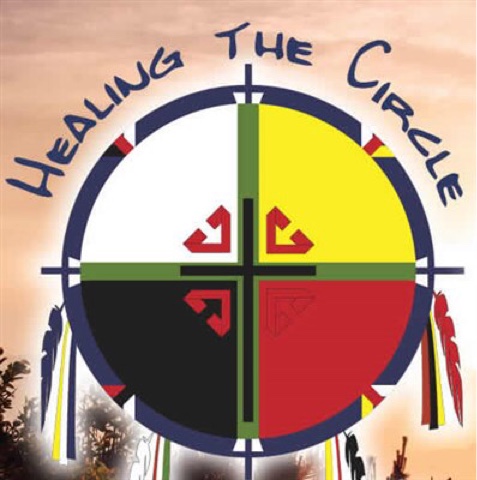There's this scene in The Incredibles, Pixar's 2004 hit (and one of my top 10 favorite movies) where the evil villain Syndrome reveals his evil plot to the superhero family trying to stop him:
And I get it. Our kids are growing up in a world where every t-ball team wins, every participant on the soccer team gets a trophy. And we wonder if it makes our kids "soft" not to feel the occasional sting of defeat or disappointment.
It's as if letting everyone be happy makes some of us feel sad.
When the Supreme Court ruled in favor of marriage equality this week, I was personally glad. But I knew some of my friends, family, and church members would feel differently. And that's OK. Unsurprisingly, social media was abuzz with both support and condemnation for the SCOTUS decision. Some comments were so awful that Rachel Held Evans issued this public service announcement:
And in the comments of this post, I read the following anecdote:
Are we afraid we'll be less special, less loved by God, if everyone is? I'm pretty sure God has enough love to go around. And when I die and stand in judgment, I'm perfectly secure knowing I chose loving all over loving only those like me. And even if I'm wrong, I'd live my life the same way again.
Some of you may argue that loving everyone doesn't mean accepting their sins or extending them the same rights as everyone else. And history has shown we're pretty stingy with our inclusion: it took a bloody civil war to stop us from owning other people, which was justified because we held that black people were an inferior race. We took the land from and destroyed the way of life of our native brothers and sisters because we considered them savages. Women were not granted the right to vote until 1920. We still haven't agreed as a country, founded by immigrants, what to do about immigration.
But our exclusion and grace gate-keeping limits our ability to experience and share God's love.
Still not comfortable with marriage equality?
Bishop Warner H. Brown Jr., president of the United Methodist Council of Bishops, issued a statement responding to the decision by the United States Supreme Court. He writes: "This Supreme Court decision calls attention to the difference between the laws of the United States, and the policy of our church,” Brown wrote. “The law does not require anyone to violate their conscience of what God has called them to do, or their theological understanding. But, if we seek to be an inclusive church that serves all of our parishioners, and all of our neighbors, we will have to consider how we treat all people equally.”
In simple terms that means that this decision cannot force any religious institution or clergy member to perform a same-sex marriage if it is against their beliefs. Rather, the right of marriage is extended to all, but it will be up to the couple to find a church or other location to perform the ceremony.
Your rights are not being violated because they've been extended to everyone. The institution of marriage, which is on shaky ground at best in the U.S., will not be destroyed by allowing same-sex couples to marry.
Unless all of us are equal, none of us will be.
















